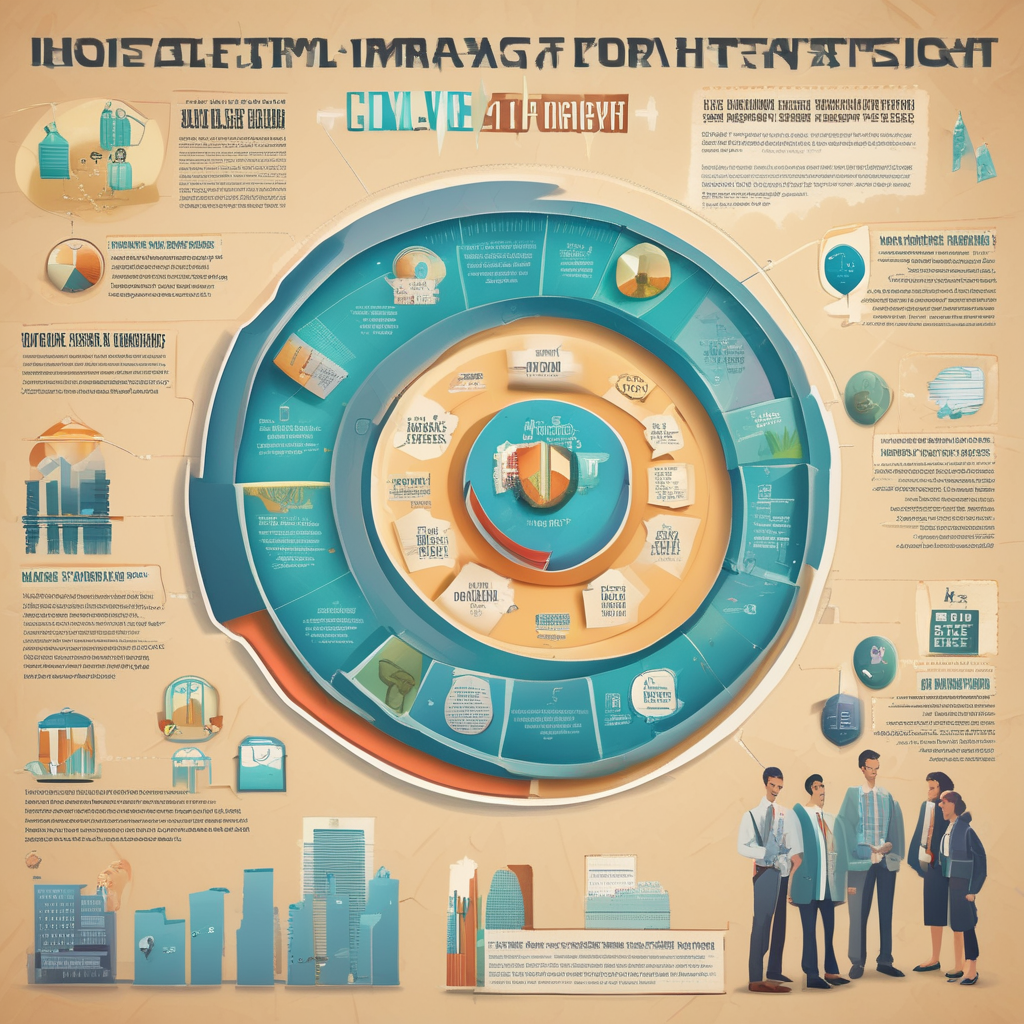Major life events, such as buying a home, starting a family, or planning for retirement, often come with significant financial implications. Properly preparing for these events can ensure that you handle the associated costs smoothly and achieve your goals without undue stress. This blog will guide you through the essential steps to prepare financially for major life events, offering valuable insights and actionable tips to help you navigate these milestones with confidence.
1. Buying a Home
Purchasing a home is one of the largest financial commitments many people make. Here’s how to prepare:
- Create a Budget: Determine how much you can afford by considering your income, expenses, and existing debts. Factor in costs such as the down payment, closing costs, property taxes, and home insurance.
- Save for a Down Payment: Aim for a down payment of 20% to avoid private mortgage insurance (PMI). Open a dedicated savings account to accumulate funds specifically for this purpose.
- Get Pre-Approved for a Mortgage: Obtain pre-approval from a lender to understand how much you can borrow and to demonstrate your seriousness to sellers.
- Consider Additional Costs: Plan for ongoing expenses like maintenance, utilities, and potential repairs.
Key Tip: Use online mortgage calculators to estimate monthly payments and affordability based on different loan amounts and interest rates.
2. Starting a Family
Expanding your family involves both immediate and long-term financial considerations:
- Prepare for Medical Expenses: Research and budget for prenatal care, delivery costs, and postnatal care. Check your health insurance coverage to understand what’s included and any out-of-pocket costs.
- Set Up an Emergency Fund: Ensure you have a robust emergency fund to cover unexpected expenses related to your new family member.
- Adjust Your Budget: Update your budget to account for new expenses such as baby supplies, childcare, and increased living costs.
- Review Your Insurance: Update your health, life, and disability insurance to ensure your growing family is adequately covered.
Key Tip: Start a college savings fund early to take advantage of compound interest and reduce the future financial burden of higher education.
3. Planning for Retirement
Preparing for retirement requires careful planning and consistent saving:
- Assess Your Retirement Needs: Estimate how much you will need to maintain your desired lifestyle in retirement. Consider factors like healthcare, housing, and leisure activities.
- Contribute to Retirement Accounts: Maximize contributions to retirement accounts such as a 401(k) or IRA. Take advantage of employer matching contributions and tax benefits.
- Create a Retirement Plan: Develop a comprehensive retirement plan that includes investments, savings goals, and withdrawal strategies.
- Monitor and Adjust Your Plan: Regularly review your retirement plan and make adjustments based on changes in income, expenses, and market conditions.
Key Tip: Consider consulting a financial advisor to help create a personalized retirement strategy and ensure you’re on track to meet your goals.
4. Education Expenses
Whether you’re saving for your own education or a child’s, planning for education expenses is crucial:
- Estimate Costs: Research the costs of tuition, books, and other fees for the educational institutions you’re considering.
- Explore Funding Options: Investigate scholarships, grants, and student loan options. Consider using a 529 plan or other tax-advantaged savings accounts for education.
- Create a Savings Plan: Set aside funds in advance using dedicated savings accounts or investment vehicles to manage education costs effectively.
Key Tip: Start saving early and use automated transfers to consistently contribute to your education fund.
5. Dealing with Unexpected Events
Unexpected life events such as job loss, medical emergencies, or major repairs can impact your financial stability:
- Build an Emergency Fund: Aim to save three to six months’ worth of living expenses in an easily accessible account.
- Review Insurance Coverage: Ensure you have adequate health, auto, and home insurance to protect against unforeseen expenses.
- Create a Contingency Plan: Develop a plan for how you will manage finances during times of crisis, including potential sources of temporary income or support.
Key Tip: Regularly review and update your emergency fund and insurance coverage to ensure they remain adequate.
6. Estate Planning
Estate planning involves preparing for the distribution of your assets after your death:
- Create a Will: Draft a will to specify how your assets should be distributed and to appoint guardians for minor children if applicable.
- Establish Trusts: Consider setting up trusts to manage your assets and provide for beneficiaries according to your wishes.
- Review Beneficiary Designations: Ensure beneficiary designations on accounts such as life insurance and retirement plans are up-to-date.
- Consult an Attorney: Work with an estate planning attorney to create a comprehensive plan that meets your needs and complies with legal requirements.
Key Tip: Regularly review and update your estate plan to reflect changes in your life circumstances and legal requirements

